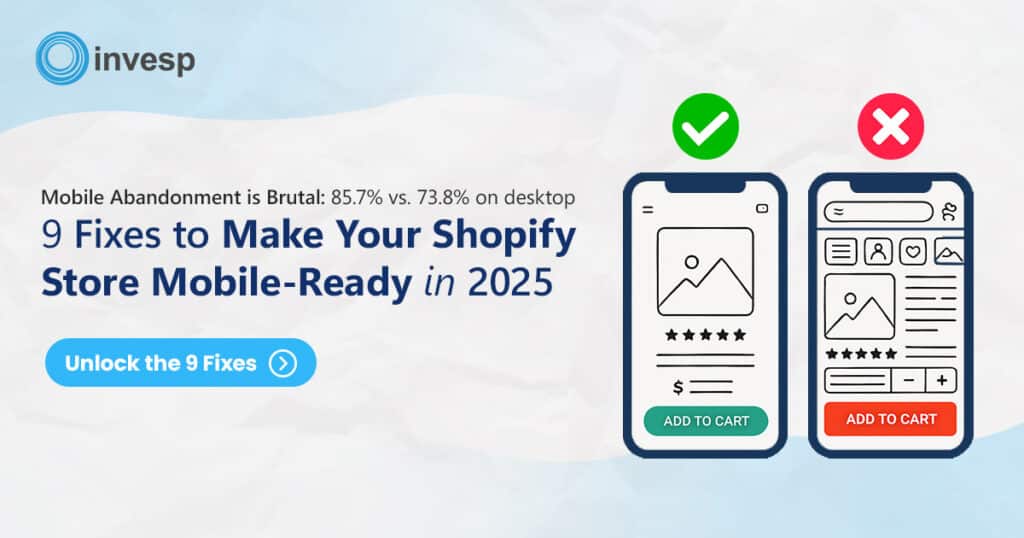Coming from a development background, I made sure that we hire some of the best developers to work on FigPii – the platform has been the internal tool we use to conduct our CRO projects.
But I had an issue with one of our senior developers. As he starts working on a new feature, he will review all the previous code and come up with better ways to write it. He will refactor the code and clean it up. And he will do this again and again.
With every new feature he worked on, we ended up with a better-written code. But what is supposed to take one day will take three or five days to complete.
This habit, which my senior developer has, is something that I am guilty of myself. It is something that my team learned from me.
Running a small business means that I have a lot of things that I need to do at any point in time. In any given day, my time is divided between:
- Supporting our staff of twenty-two members on different teams (client delivery, marketing, sales, and admin) and answering any questions they might have.
- Talking to different clients about their current projects
Reviewing and improving our existing processes - Writing – whenever I get the chance to do so
- Preparing or speaking at conferences
- Reading – This is how I stay up to date with the latest in the industry.
Most of my time is spent supporting existing clients or looking over at our software development progress. FigPii requires a lot of attention, especially after we decided to open it up to the public. What features do we need to have? What features should be cut out? What are some of the technical /business decisions to make the platform better and easier to use?
Except for writing, I spend most of my time on supporting existing revenue coming to Invesp as opposed to generating new revenue.

There are, of course, tasks that I enjoy more than others. I enjoy writing, but the more clients we add, the less time I have to do more of it. I enjoy conducting #JTBD interviews, but sitting through a couple of interviews in any single day is exhausting and leaves little time for anything else.
There are also some tasks that are harder than others. Some of these end up falling to the end of the queue – until I have a hard deadline of completing them.
I did a couple of things trying to take control of my time:
- I removed all social apps from my phone: No more Facebook, Linkedin, or Twitter on my phone. These applications were a significant time suck. They added very little value to my daily routine and sometimes left me feeling down.
- I took another drastic step about two weeks ago; I removed the email app from my phone.
By taking these two steps, I added a few more hours to my daily schedule.
I then committed to writing a daily blog. The plan was to start last Monday. I barely managed to write a blog on the first day of that commitment. On the second day of my commitment, I got busy with busy work: my youngest graduated from pre-k, someone asked for a CRO training proposal, and we had an influx of new signups for FigPii that needed some evaluation.
I ended up skipping the blog.
It was not a conscious decision. So, I had to think about all the different things I did that day. I analyzed all the different things that I kept myself busy with instead of writing. Some of these I had to do – some I could have asked another person on our team to do.
It was obvious at that point: my mind was playing games on me. I am still trying to figure out why I do that – but until then, I decided to re-prioritize my days.
- I will start my day with tasks that have a higher priority before any other work.
- I decided to skip the daily status meetings with our teams. Team leads can run these meetings, and if there is an issue that they need my input on, I will look at these at the end of the day.
- Email was my Chrome home screen. Who wouldn’t or doesn’t want to check email regularly to stay up to date. I changed that. Now, it opens on HubSpot (the CRM we use), so I can focus on important follow-ups.
These steps are easier said than done.
I have to change the habits I developed in the last twenty years of professional work. It also means that I am on a collision course with my brain. It means that I have to trust my team to make decisions they typically come back to me about.
The challenge with writing daily…
I start writing, and instead of focusing on finishing the post, I decide that I need to conduct more research. I need to read another article on the topic. Even when I finish an article, I look over it, and I think that I need to edit it further. I can spend hours editing the post I just wrote instead of publishing it.
I recognize this pattern well.
I always want to put out something better; I always want to make sure that what we put out is better than anything else out there. This search for perfection is something that impacted our work at Invesp for a long time. I recall back in 2013 when I looked at the conversion roadmap report that we produced on projects. Back then, the documents were about 15 pages and outlined all the conversion issues we identified on a site. It used to take the team two weeks to complete.
Fast forward five years, these documents are about 100 pages long. The conversion roadmap report takes about six weeks to produce at this point.
But are they better?
They look much more professional. The analysis in the documents improved by about 30%. But did that impact the bottom line for our clients? I am not sure. Ultimately, clients hire us to grow their revenue. They do not hire us to produce beautiful documents.
Wouldn’t clients benefit more if we use all the hours we put in producing our conversion roadmaps in another activity? I think so. So, I decided to talk to our clients and ask them what they think about this.
Most of our clients liked the reports and did not think anything much of them.
But one of our clients was brutely honest.
I got a 127-page conversion roadmap from you. The document looks great, but I have no time and very little interest in reading it. We would have been better served if your team used some of the time creating the report in doing other activities.
These comments from our client are not easy for my team to hear, but they are constructive and useful.
I had let my search for perfection blind side me of doing what is essential for the bottom line of our clients.
I saw the same pattern when I looked at our analysis document for the #JTBD interviews we conduct on any project. Our team typically does anywhere from 12 to 20 different interviews to understand why someone chooses to hire our client’s product or service.
Conducting that many interviews provide a lot of insights – it also comes with a lot of noise. We have to gather all the data we collected, summarize it, look for patterns, and create a new report of actionable insights that we can use in our conversion optimization work.
Our #JTBD analysis documents are about 12 pages in length. They are full of qualitative data. But, can we cut them down?
I was talking to Bob Moesta, the architect of the #JTBD framework about this recently. The analysis documents he produces are a lot more focused compared to what we do. Even better, he asks his clients to create the documents!
Is this search for perfection a little game my mind is playing on me?
I think so – but I still have questions that I need to sort out:
- How would clients feel if they receive a 15-page report instead of the 100-page documents?
- How would a client think if we summarize our #JTBD interviews in the one-page document as opposed to the lengthy analysis we typically do?
Cutting the size of the documents or writing a blog every day does not mean that I will compromise on quality. It means that I have to focus a lot more. And for my team, it means that we must produce high-quality deliverables that are focused on actionable insights.
Let me finish this blog with a comment I liked from Jason Fried about habits:
The advice was this: Habits are always forming. No matter what you do, you’re also forming habits too. Keep that in mind with whatever you do.



